Description
Thyme Heals
Thymus vulgaris has been used for centuries for acute and chronic respiratory diseases due to Thyme’s numerous actions on the lungs:
- EXPECTORANT medication that helps expel mucus from the lungs
- ANTISEPTIC antibacterial, antiviral and antifungal
- ANTISPASMODIC relaxes smooth muscle of the lungs
- ANTITUSSIVE reduces cough reflex
Traditional uses of Thymus vulgaris – the active ingredient of Thyme Syrup
- bronchitis
- whooping cough
- asthma
- bronchitis
- laryngitis
- pharyngitis
- chronic cough
- catarrh
- common cold
The rise and fall and rise again of Thyme Syrup
The famed British Pharmaceutical Codex 1934 gave a recipe for Thyme Syrup and every doctor prescribed it and chemists dispensed this valuable herbal elixir. The discovery of antibiotics soon pushed this and many other ‘simple’ remedies off the shelves. Whilst antibiotics have saved millions of lives, we now realise that routine and over prescription has resulted in resistance to these drugs and the use of remedies such as Thyme Syrup still has a place. Although Thyme Syrup is based on the BPC 1934 the recipe has been extensively upgraded to incorporate new techniques. Molasses sugar is used for its rich spectrum of minerals and thyme is incorporated by means of a three stage process to retain all the virtues of the herb. Medical herbalists prescribe extracts of Thyme for whooping cough, asthma, bronchitis, laryngitis, pharyngitis, catarrh and the common cold.
Medicinal herbs are man’s oldest form of medicine and approximately 80% of the world’s population still use herbal medicine as their primary healthcare. There is an ever increasing body of scientific evidence validating the historical medical uses of plants such as Thyme. But this should come as no surprise as approximately half of all drugs today have their origins in a discovery made in a plant.
Science confirms you are not wasting your Thyme
The principal components of thyme are carvacol, borneol, geraniol and thymol, the latter being the most researched for its known antiseptic and anti-fungal characteristics.
Thyme’s direct effect on the lungs
Thymol (the essential oil component of Thyme) is detected in the breath after oral administration. In treating acute and chronic respiratory ailments such as bronchitis, the effectiveness of preparations containing thyme essential oil depend on bioavailability at the bronchial mucosa. After oral administration of tablets or capsules containing a thyme dry extract to healthy volunteers the first traces of thymol were detected in exhaled air (using sensors fitted to a gas mask) after 30 and 60 minutes respectively.
Expectorant
Thyme extract was found to stimulate the mucociliary escalator which is a major defense against infections. The mucociliary escalator refers to barrier cells that line the upper respiratory tract. The cells produce mucus which contains chemicals, antibodies and immune cells to destroy any bacteria and viruses that become trapped. The barrier cells also have hairs, or cilia, which beat upwards, sweeping debris out of the respiratory tract, hence the term muco-ciliary escalator.
“Changes in the symptoms of cough after treatment with a combined herbal preparation containing dry ivy leaf extract as main active ingredient, decoction of thyme and aniseed, and mucilage of marshmallow root and its tolerability were investigated in an open clinical trial on 62 patients with a mean age of 50 years (range 16-89) with irritating cough in consequence of common cold (n = 29), bronchitis (n = 20) or respiratory tract diseases with formation of viscous mucus (n = 15). The mean daily intake was 10 ml (range 7.5-15) of syrup, and the mean duration of treatment was 12 days (range 3-23 days). All symptom scores showed an improvement as compared to baseline.” http://www.ema.europa.eu/docs/en_GB/document_library/Herbal_-_HMPC_assessment_report/2009/12/WC500017944.pdf
Antispasmodic
Spasmolytic activity of the flavonoids from Thymus vulgaris
Impact of thymol in thyme extracts on their antispasmodic action and ciliary clearance.
Thyme extract, but not thymol, inhibits endothelin-induced contractions of isolated rat trachea.
Antibacterial
Ancient Egyptians used Thyme extracts as an embalming ingredient because of its strong antibacterial and antifungal properties.
In vitro inhibition of Helicobacter pylori by extracts of thyme.
Thyme essential oil has also been found to inhibit Staphylococcus aureus and Escherichia coli.
Antifungal
Thymes potential use in protecting against particulate matter in diesel fumes and other air pollutants
Diesel fumes are now recognised as a major carcinogen and also the cause of at least 7% of heart attacks in cities. The fumes contain particulate matter (PM) and are quoted for example as PM10 and the 10 refers to 10 millionths of a metre. PM10’s are inhaled into the lungs and can cause seriousdamage to the lungs, but the smaller PM2.5’s pass through the lung tissue and into the blood circulation. Even short-term exposure to PM2.5 over a few hours can trigger myocardial infarctions,cardiac ischemia, arrhythmias, heart failure, stroke, exacerbation of peripheral arterial disease, and sudden death. Thyme’s stimulatory effect on the muco-cilliary escalator may provide unique protection against environmental air pollutants, by the expectoration and removal through protective mucus secretion and activation of the hair-like cilliary escalator, moving the trapped particles upwards and outwards.

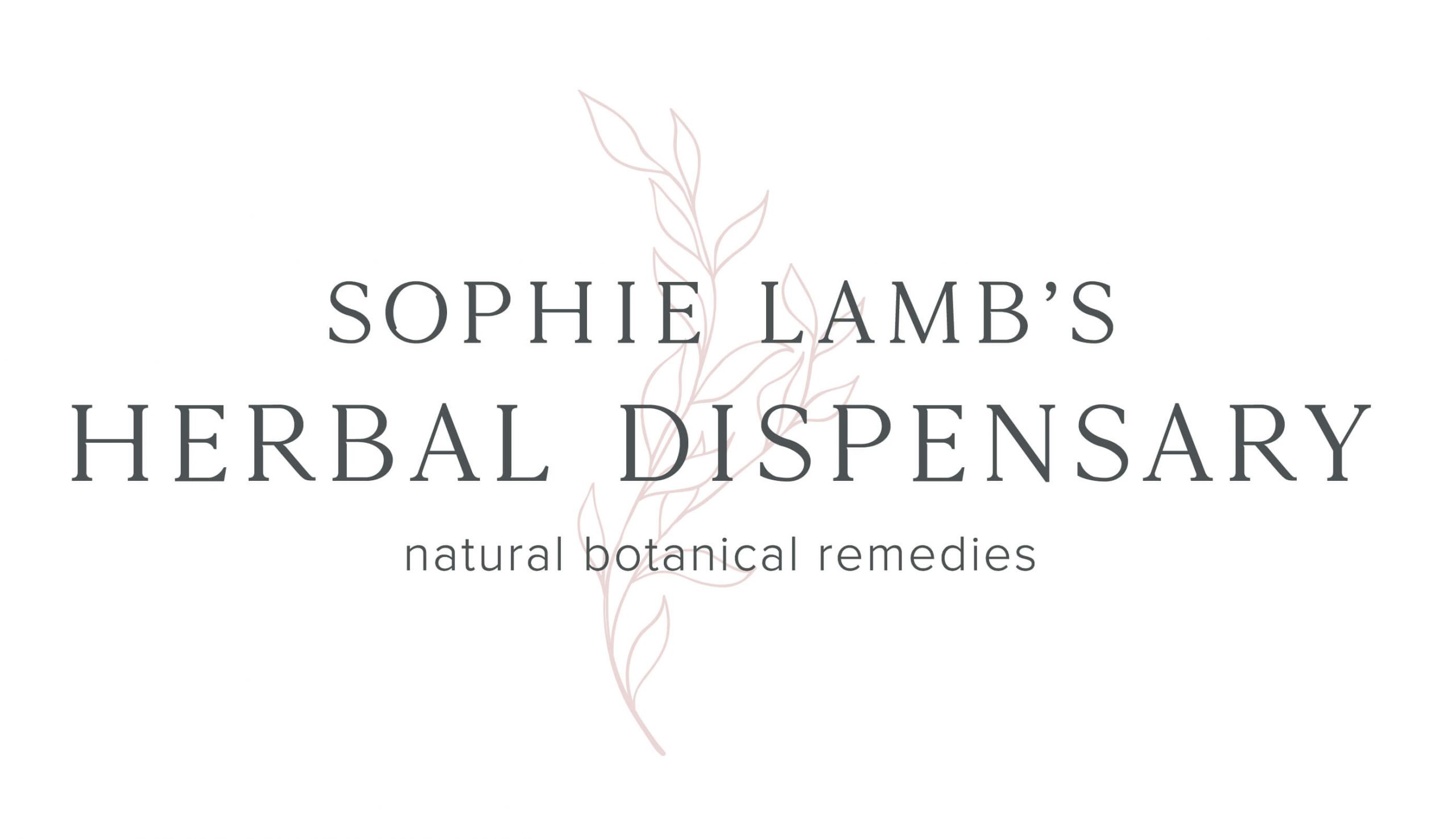
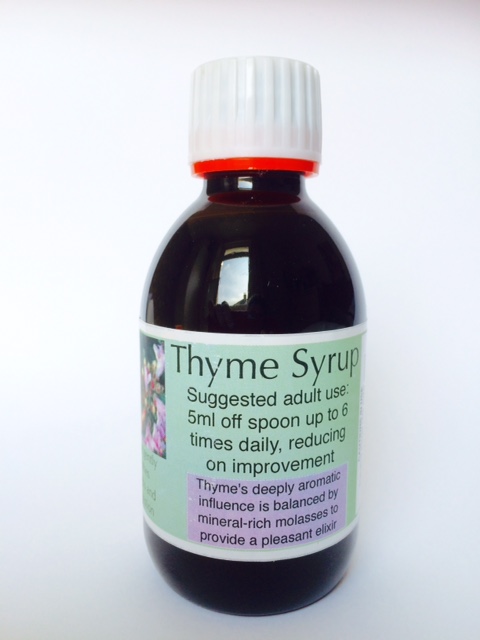
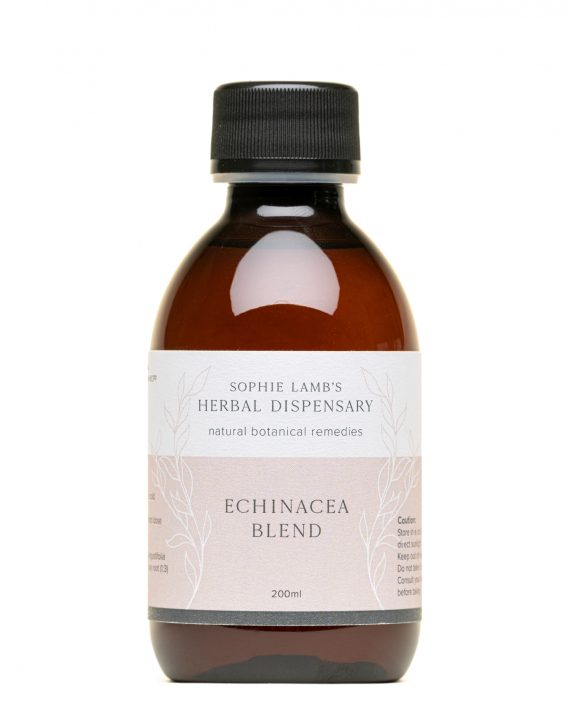
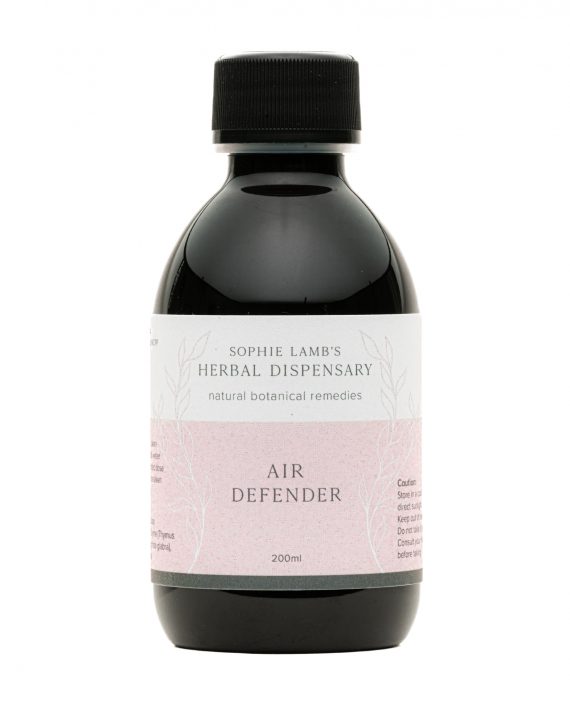
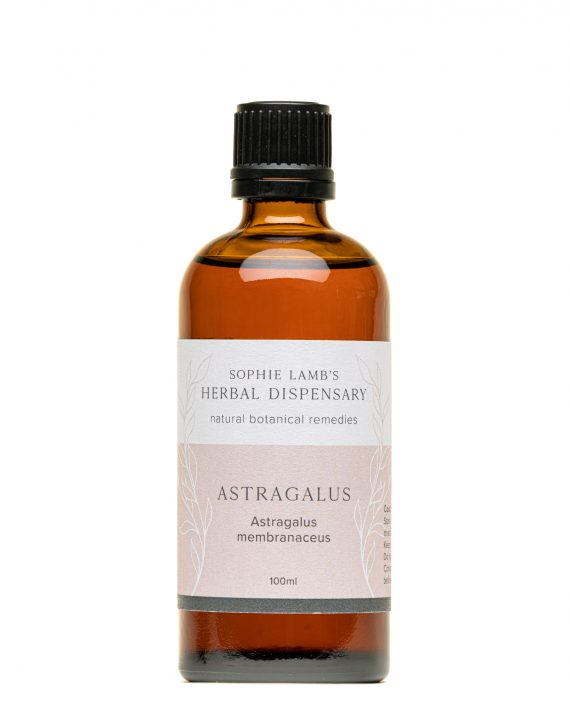
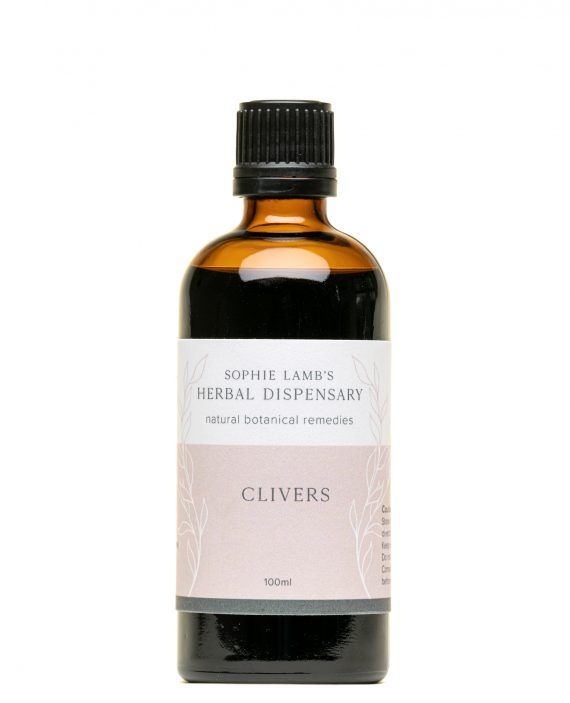
Reviews
There are no reviews yet.